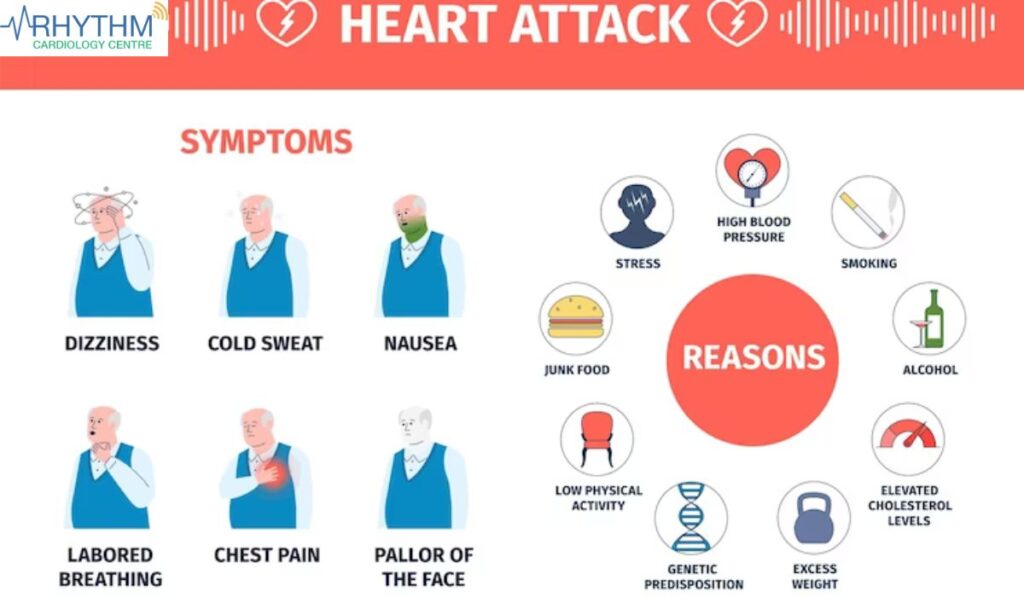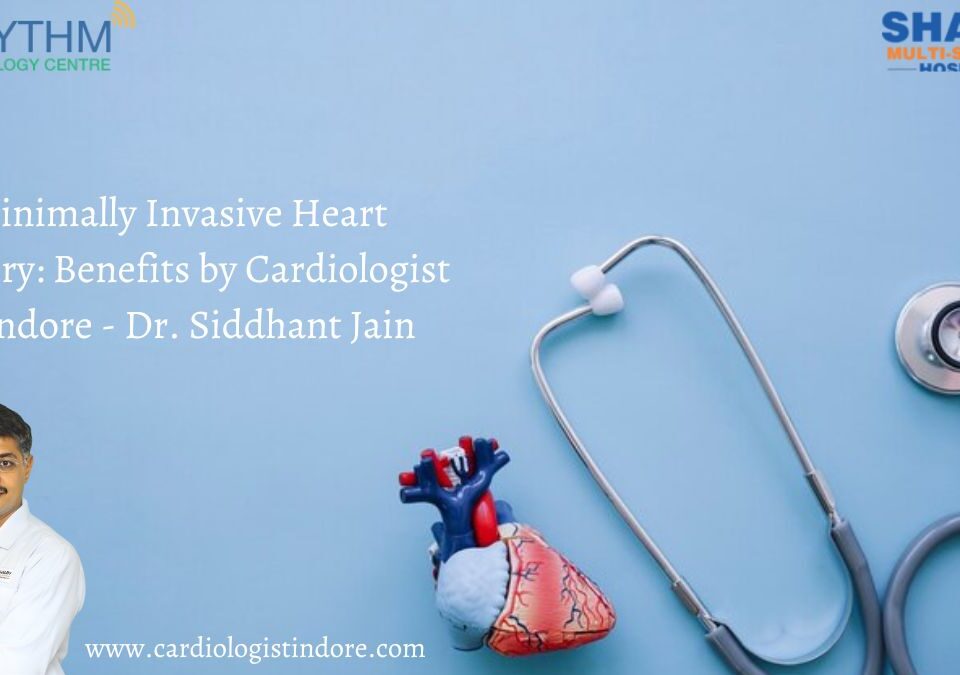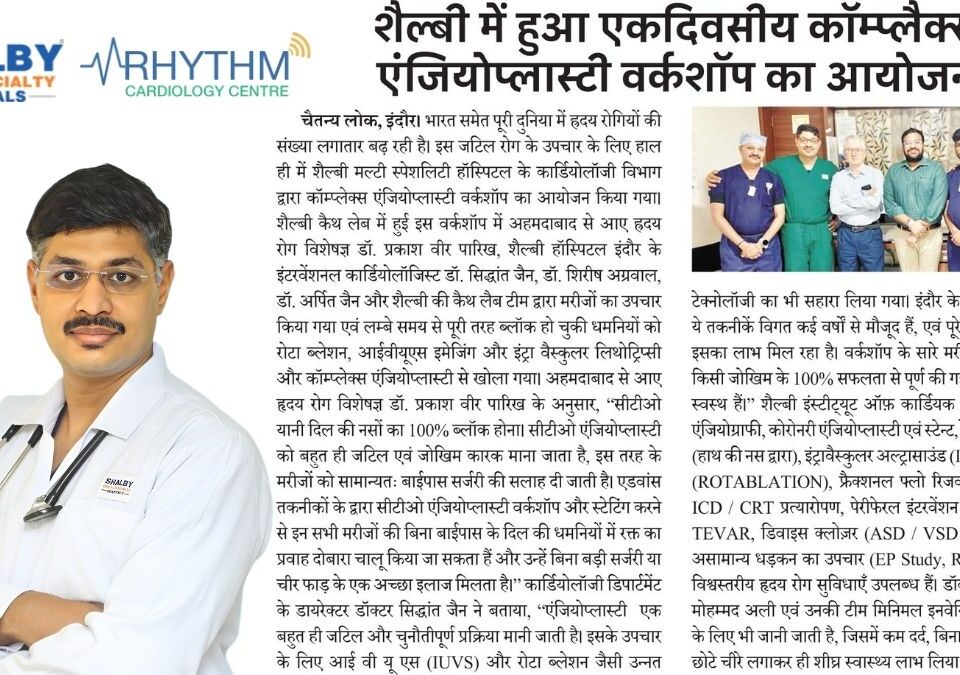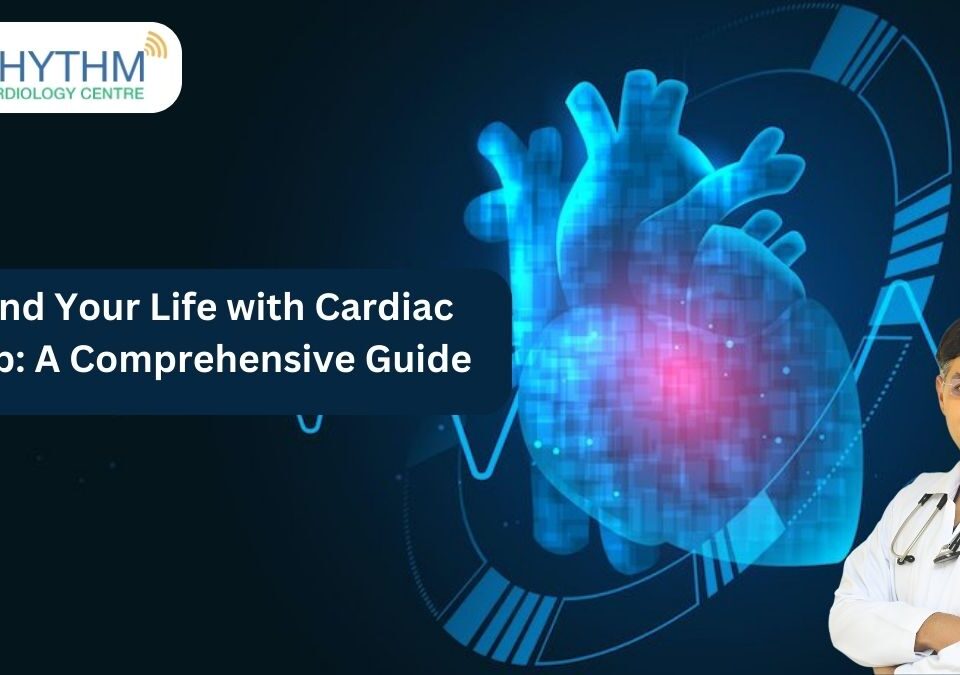- Ask for Appointment
- 8120981116
- [email protected]
Preventing Heart Attacks: Expert Care from the Best Cardiologist in Indore

Dr. Siddhant Jain: Best Heart Surgeon in Indore, Leading Cardiac Specialist
July 15, 2023
शैल्बी हॉस्पिटल में लाइव इको वर्कशॉप का हुआ आयोजन
September 21, 2023What is a Heart Attack? Best Cardiologist in Indore
A Heart Attack is a potentially fatal situation, but if you’re aware of the reasons, recognize the symptoms, and adopt a heart-healthy lifestyle, you may greatly lower your risk. Seek emergency healthcare if you or someone you know shows heart attack symptoms. Do not forget that immediate action may greatly impact the outcome and possibly save a life. With expert care and guidance from the Best Cardiologist in Indore, you can reduce your risk of heart attacks and maintain a healthy heart.
Causes of Heart Attacks:- Best Cardiologist in Indore
Atherosclerosis: Heart Attacks generally come on by coronary artery disease a condition in which the coronary arteries become fatty and accumulate plaque over time. The cardiac muscle’s blood flow is constrained as a result.
Risk factors: A number of factors, including smoking, high blood pressure, high cholesterol, obesity, diabetes, a family history of heart disease, and a sedentary lifestyle, raise the risk of having a heart attack.

Heart Attack Signs and Symptoms:- Best Cardiologist in Indore
Understanding the warning signs and symptoms of a Heart Attack is essential because prompt treatment can save lives. Typical signs include:
Breaking down or pressing chest pain or discomfort is a common symptom and can move to the left arm, neck, jaw, or back.
Breathlessness: You can have trouble breathing or feel as though you’re strangling.
Cold Sweats: High sweating that is frequently accompanied by the feeling of impending doom.
Vomiting: Some people can feel vomiting and even vomit during a heart attack.
Sudden: weakness or weariness that is more acute than usual.
Suffering: A heart attack might also make you feel lightheaded or dizzy.
Prevention:-
Preventing heart attacks involves making healthy lifestyle choices and managing risk factors:

Quit Smoking: Smoking is a major risk factor for heart disease. Quitting can significantly reduce your risk.
Healthy Diet: Adopt a diet rich in fruits, vegetables, whole grains, and lean proteins while minimizing saturated and trans fats, salt, and added sugars.
Regular Exercise: Indore Best Cardiologist advises aiming for at least 150 minutes of moderate-intensity exercise per week. Exercises like swimming, bicycling, and light walking can assist in increasing cardiovascular fitness and lowering the risk of heart disease.
Control blood pressure: It’s important to maintain a regular check and control hypertension (high blood pressure). The risk of heart attacks increases when blood pressure is elevated because it puts the heart under additional strain. To keep your blood pressure at a healthy level, heed the advice of your doctor As the Best Cardiologist in Indore.
Control Cholesterol: Lower your LDL (bad) cholesterol levels with a mix of food and, if necessary, medication is essential for controlling your cholesterol. A diet composed of fruits, vegetables, whole grains, and protein-rich foods, and low in saturated and trans fats can support heart health by lowering cholesterol levels.

Maintain a Healthy Weight: Losing extra weight helps relieve your heart’s work and lower your chance of getting heart disease. A healthy weight can be achieved and maintained with the help of a balanced diet and continual exercise.
it’s important to have access to the expertise of the Best Cardiologist Doctor in Indore who can provide personalized guidance and recommendations for managing cholesterol and maintaining a healthy heart. These specialists have a deep understanding of cardiovascular health and can offer tailored treatment plans to address your specific needs.
Limit Alcohol: It’s important to drink alcohol on limits because a high level has been linked to heart disease. Most adults consider light drinking to be up to one drink for women and up to two for men a day.
Conclusion:-
A heart attack is a potentially fatal situation, but if you’re aware of the reasons, recognize the symptoms, and adopt a heart-healthy lifestyle, you may greatly lower your risk. Seek emergency healthcare if you or someone you know shows heart attack symptoms. Do not forget that immediate action may greatly impact the outcome and possibly save a life.
- Book An Appointment Now At This Link –





